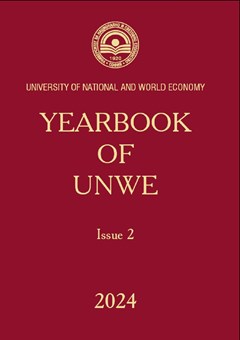Nuclear Security Challenges and Detection Architecture Developments in Northeast Africa: A Comprehensive Analysis
Author: Bokhari Ahmed Moneir
Abstract
Preventing terrorist organizations from getting and using nuclear weapons is a critical global challenge. Among the issues facing nuclear security in northeast Africa are illicit trafficking, political instability, the lack of regulatory frameworks, and limited technical capabilities. Countries like Egypt, Sudan and Ethiopia, are increasingly aware of these threats and are actively working to develop their nuclear security and detection architectures and address them. Effective nuclear threats mitigation relies on identifying and intercepting illicit nuclear material movements before they can be used for malicious purposes. This paper examines nuclear security challenges and threats and Nuclear Developments in Northeast Africa in focusing on regulatory frameworks, technological advancements, and regional and international cooperation and conventions related to nuclear security. It underscores the importance of a robust detection architecture, highlights the need for continuous improvement in regulatory measures, and calls for stronger international collaboration. Recommendations for future enhancements are also provided.
JEL: F59

